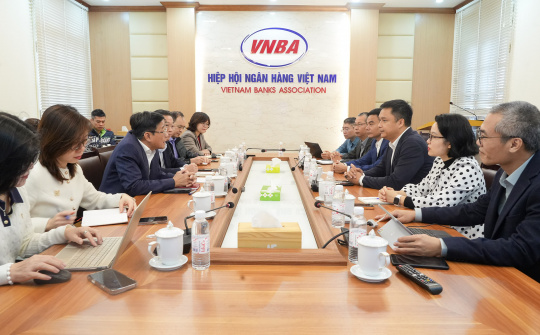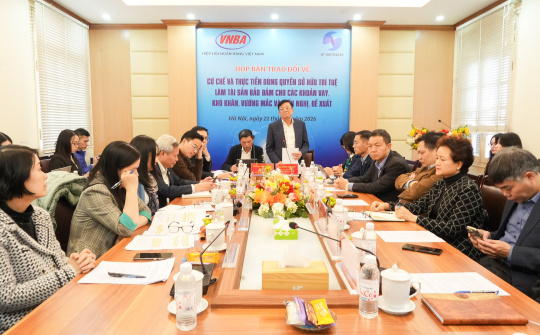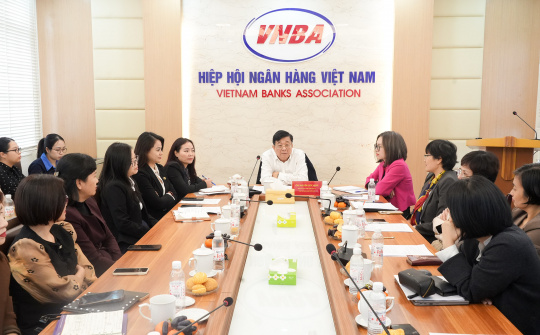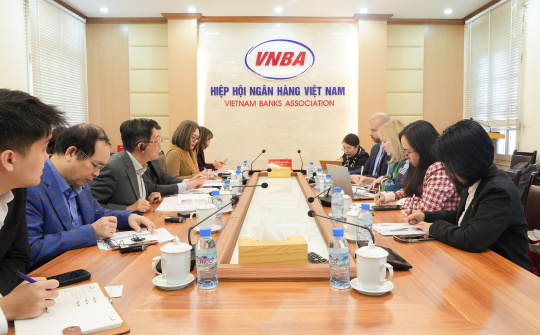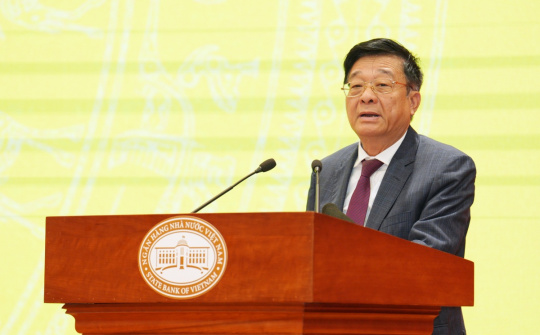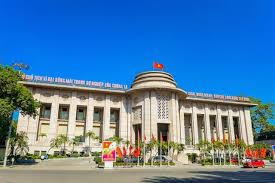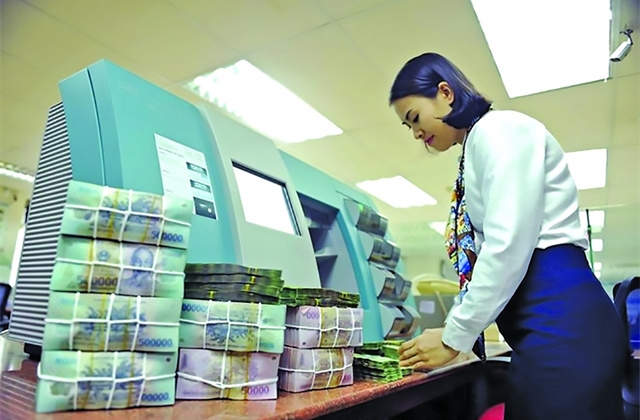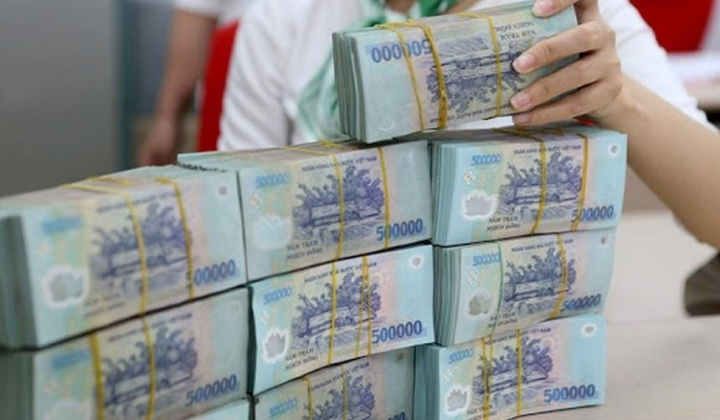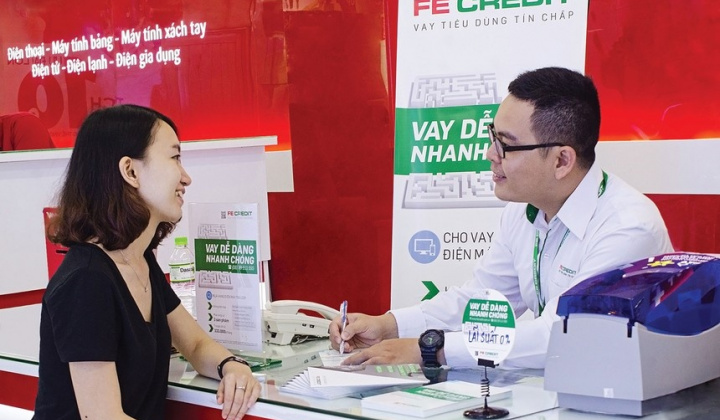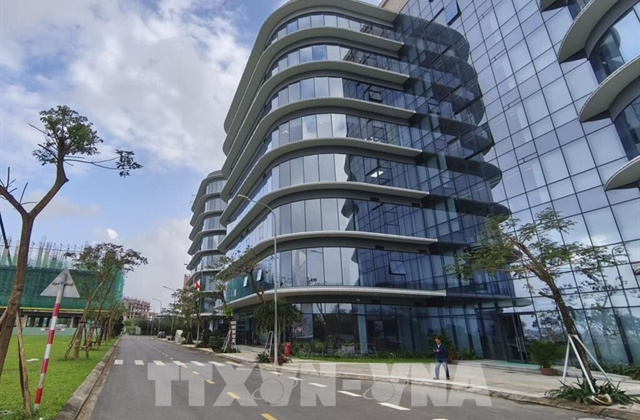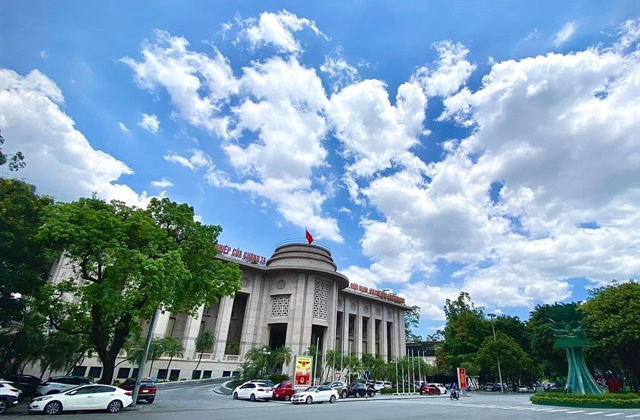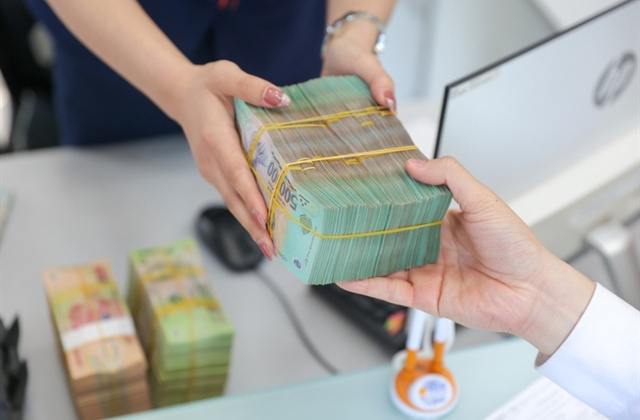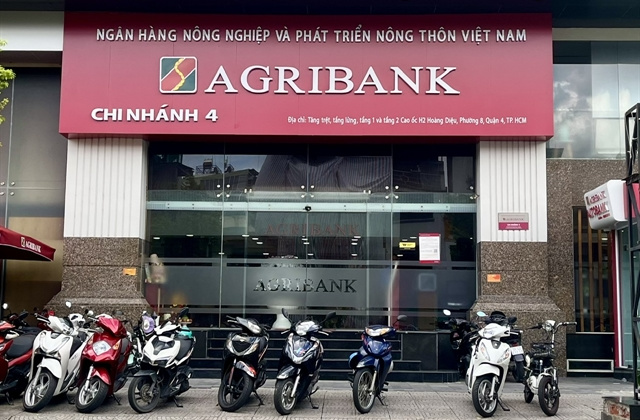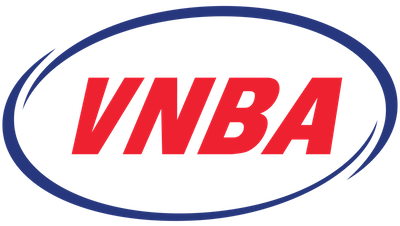The workshop was attended by Mr. Nguyen Van Tien, Deputy Chief Justice of the Supreme People's Court; Mr. Doan Thai Son, Deputy Governor of the State Bank of Vietnam; and representatives of the leaders of the functional Departments/Offices of the Supreme People's Procuracy, the Ministry of Justice, the State Bank of Vietnam, the People's Courts of provinces and cities, and a large number of member credit institutions.
Ms. Vu Ngoc Lan, Deputy Director of the Legal Department (SBV), gave an insightful speech, attracting the attention of delegates from the Court, Banking and related agencies.
The paper outlined a panoramic picture of the new legal framework for banking activities and the "bottlenecks" that need to be cleared in the adjudication process, in order to protect the legitimate rights and interests of credit institutions (CIs), contributing to the stability of the economy.
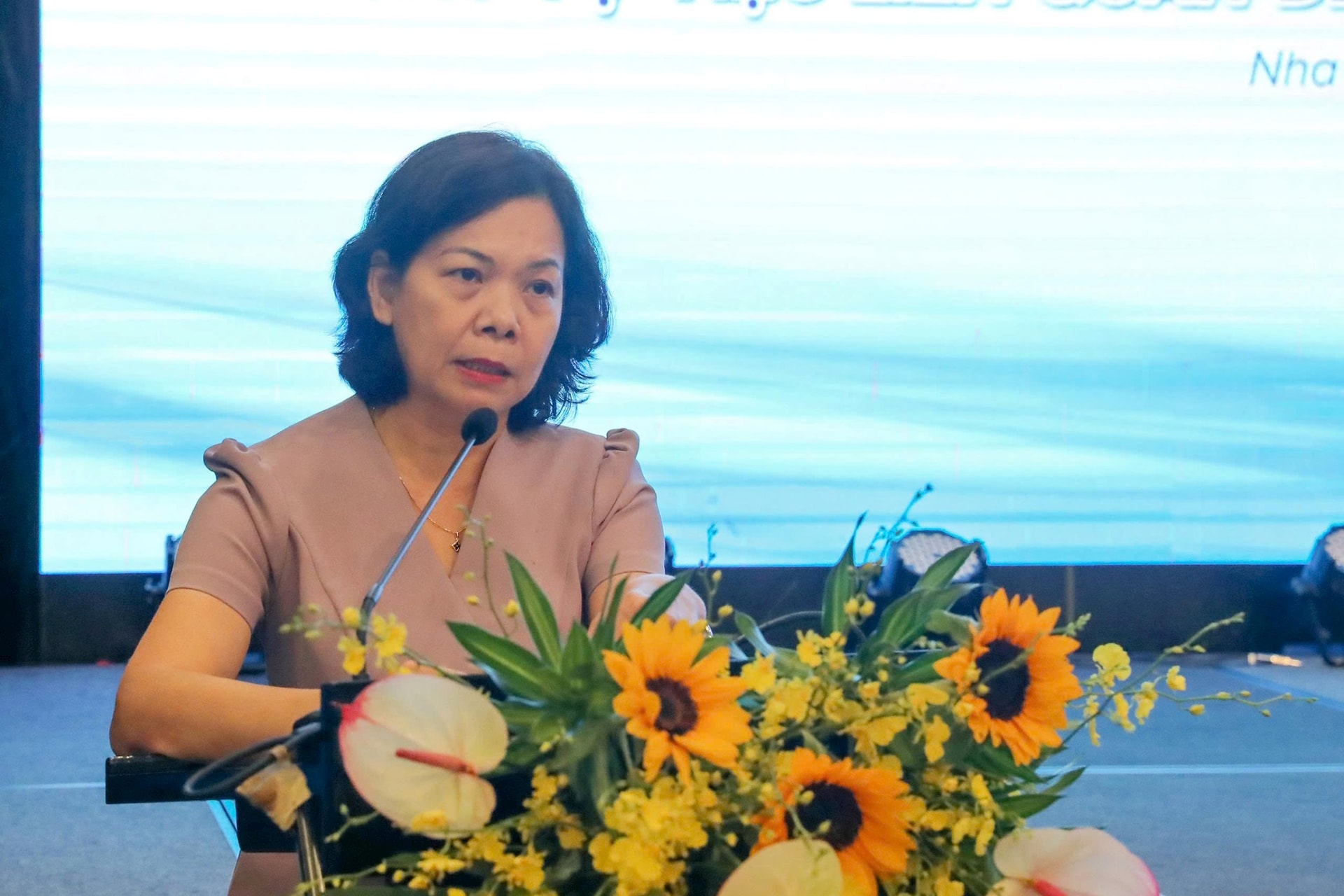
Ms. Vu Ngoc Lan, Deputy Director of the Legal Department (SBV)
New legal corridor - Foundation for banking development
The first bright spot emphasized by Ms. Vu Ngoc Lan is that the National Assembly has issued the Law on Credit Institutions No. 32/2024/QH15 (Law on CIs 2024) and Law No. 96/2025/QH15 amending and supplementing a number of articles of this Law. These important legal documents have created a more open and progressive legal corridor, with many notable new points:
Legalization of Resolution 42: Many important mechanisms on handling bad debts and secured assets from Resolution 42/2017/QH14 have been officially included in the law, especially the right to seize secured assets, creating a solid and long-term legal basis for credit institutions in debt collection.
Simplifying administrative procedures: Merging the License for Establishment and Operation of Credit Institutions with the Certificate of Business Registration, helping to reduce the procedural burden for credit institutions.
Clarifying business regulations: Regulations on interest rates, credit granting, and especially the nature of letters of credit (L/C) have been clarified, stipulating that L/C is a form of credit granting, helping to resolve long-standing legal disputes.
These changes are expected to create momentum for the banking system to operate more safely, efficiently and transparently.
Five major "bottlenecks" in trial practice
In addition to the bright spots in the law, the representative of the Legal Department of the State Bank of Vietnam also frankly pointed out five major groups of problems that exist in the process of the Court resolving cases related to credit institutions, causing significant impacts on the interests of banks.
1. Problems with interest rates: The application and calculation of interest rates are still inconsistent. There are cases where the Court does not accept the request of credit institutions to calculate loan interest on outstanding debt. In criminal cases, the bank's damage is sometimes only calculated up to the time of initiating the case, instead of the time of the first instance trial as the basis for deciding on the recovery and remedy of the consequences in the case, causing credit institutions to suffer double damage when they still have to pay interest on capital mobilization throughout the litigation process.
2. Applying the "Third Party in Good Faith" regulation: Credit institutions are facing great risks when accepting mortgages of assets in good faith but then the Court declares the Land Use Rights Certificate invalid. The Court's guidance sometimes imposes unfeasible requirements on banks, such as having to appraise the entire transaction history of the asset (verifying the entire legal history of the asset down to each individual who previously owned it), weakening the position of the legal mortgagee.
3. Misunderstanding the nature of Bank Guarantees and Letters of Credit (L/C): This is one of the biggest problems. Some Court rulings have confused the independent nature of unconditional guarantees and L/Cs with the original contract (sale and construction contracts, etc.). The Court's requirement that banks verify the breach of the original contract before performing their guarantee obligations is contrary to international practice and the nature of these financial instruments, causing reputational risks to the Vietnamese banking system.
4. Inadequacy in summoning litigants: In many cases, mortgaged assets at banks are brought into dispute but the Court does not summon credit institutions to participate in the proceedings as persons with related rights and obligations. This leads to judgments that directly affect the secured assets without the bank having the opportunity to present its opinions to defend itself.
5. Determining damages in criminal cases: Inconsistency in determining the time of calculating damages (time of disbursement, time of prosecution, or time of trial) causes uneven adjudication and seriously affects debt collection by credit institutions.
Proposing 6 synchronous and drastic solutions
From the above practice, the Legal Department of the State Bank of Vietnam has proposed 6 important groups of recommendations, focusing on close and substantive coordination between the Court and the Banking sector:
Improving the guidance on law enforcement: The Supreme People's Court needs to continue to issue unified guidance documents, especially on issues that are still stuck such as interest rates, protection of bona fide third parties, and determination of damages.
Improving the capacity of judges: Strengthening training and professional development for judges on complex banking operations and new financial products, especially in the context of increasingly innovative and complex financial products and technologies, some controlled testing mechanisms in the banking sector have been put into implementation
Enhancing inter-sectoral dialogue: Promoting regular exchange and dialogue mechanisms between the Court - Procuracy - Enforcement Agency and the Banking Association to remove obstacles right from the beginning.
Resolve pending cases: Request the leaders of the People's Courts at all levels to pay attention to and direct the resolution of complicated and prolonged cases, especially those related to credit institutions under special control.
Support credit institutions in the restructuring phase of the Court: Ensure that the acceptance and trial of credit institutions' cases are carried out smoothly and promptly during the process of the Court system being reorganized according to the new law.
Close coordination in the development and implementation of legal documents: The State Bank hopes to receive active coordination from the Supreme People's Court and relevant agencies in the development of documents guiding the implementation of the Law, especially regulations on the seizure of secured assets, so that the regulations can soon be effectively implemented.
The representative of the Legal Department of the State Bank of Vietnam hopes to continue to receive attention, companionship and active support from the People's Court system at all levels in the process of considering and resolving arising disputes, in an objective, legal and practical spirit. This will not only help protect the legitimate rights and interests of credit institutions and customers, but also improve the effectiveness of law enforcement and promote sustainable development of the economy.
VNBA News


